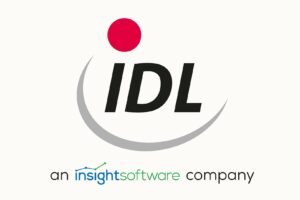
What is controlling?
Controlling refers to the entire process of setting business objectives, planning and managing a company. The aim is to ensure sustainable profitability through proactive and future-oriented action.
Core tasks of controlling
At its core, controlling comprises the continuous cycle of target setting, planning, implementation, measurement and improvement. Controllers are close partners of management and support managers in making effective and targeted business decisions. In particular, they ensure transparency in strategy, results, finances and processes in order to increase the company’s profitability.
Controllers coordinate goals and plans across all areas of the company, organize reporting and provide relevant information that enables managers to act in a goal-oriented manner.
Principles of good controlling
Clarity and disclosure of assumptions, methods and results for a comprehensible basis for decision-making.
Authentic and reliable analyses and key figures that generate trust and acceptance.
Traceability and logical consistency of the data, enabling decision-makers to clearly recognize correlations.
Continuous strategic alignment and implementation of improvements to achieve long-term goals.
Central tasks of the controller
- Development and maintenance of controlling systems.
- Support and moderation in strategic and operational planning.
- Provision of key business figures for targeted management and assumption of responsibility by managers.
- Ensuring consistent data quality and availability of decision-relevant information.
- Analysis of opportunities and risks and support for risk management.
- Establishment and further development of an effective management information system.
Quality standards in controlling
In order to meet the growing demands, the controlling department is committed to regularly scrutinizing and optimizing processes and methods. Controllers carry out self-assessments and external assessments to ensure that they effectively support company management and create added value.
Controlling is therefore much more than just managing figures. It is a central management task that contributes significantly to the long-term management, economic stability and competitiveness of a company.
Bleiben Sie informiert! Mit unserem Newsletter.

IDL Beratung
Diese Kompetenzen hat IDL in der integrierten Lösung für Business Performance Management (BPM) IDLplus gebündelt.
Unternehmen können damit nicht nur die unternehmensinterne Effizienz steigern, sondern auch ihr internes und externes Rechnungswesen vereinheitlichen, die Anforderungen an die Planungsgenauigkeit erfüllen und Wirtschaftsprüfern optimale Unterstützung bieten.
E-Mail:
info@idl.euWeb:
http://www.idl.eu/

